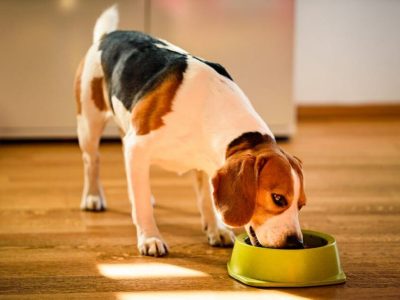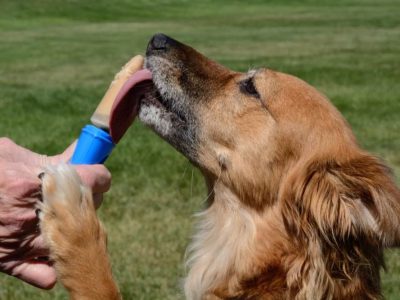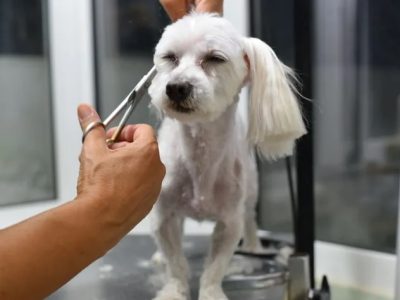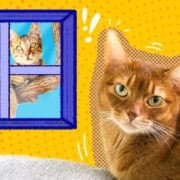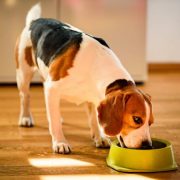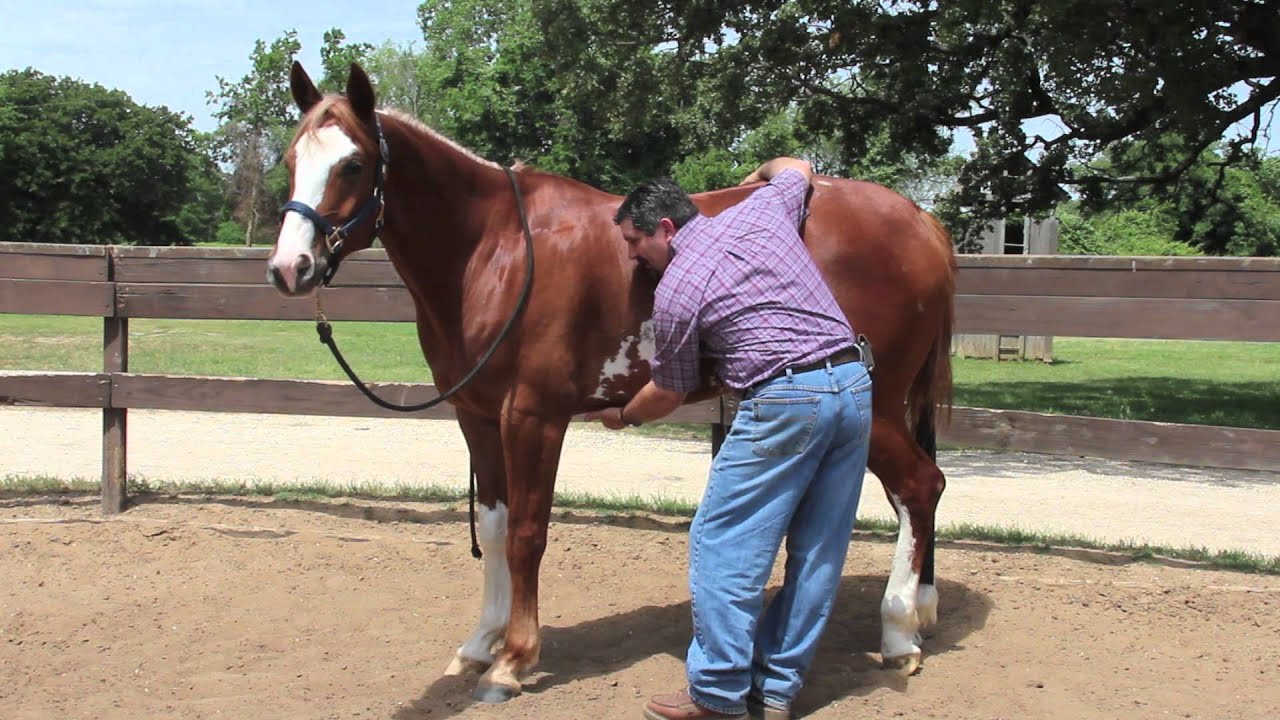
Within the past few decades, vets and researchers have found out that there is a high possibility of stomach gastric ulcers in all kinds of horses, mainly those that are kept for performance, and it is quite common in them. It is due to their physiology, the way they are kept, and the effects of exercise as well. The stomach of a horse is delicate and needs proper care if it is to be kept good and healthy. Feeding and careful management are necessary for reducing the risk of ulcers, thus keeping them healthy and active overall.
The gastric ulcer causes a lot of discomfort and pain and could be associated with weight loss, appetite, behavior changes, poor hair-coat, and chronic low-grade colic, and thus poor performance overall.
Stomach challenges in horses
It is not too surprising that some domesticated horses, so often suffer from bad gastric ulcers. Their management has now changed to a great extent, from how they evolved, with meal feeding, confinement, concentrate-rich diets, early weaning, longer fasting periods, and some intensive exercise programs. All are these common factors that contribute to a high risk of these gastric ulcers, because of encouraging an acidic stomach to have poor buffering.
The severity of symptoms might not be closely associated with the severity of an ulcer; therefore it can be a poor indicator. Most of the time, a few horses can have severe ulcers, without showing any symptoms, whereas others can have mild, few lesions but reflect marked symptoms.
Management
Management factors that help to reduce the risk of gastric ulcers are:
- Social contact
- As much as possible – the ability to move out and the benefits of grass
- Careful use of NSAIDs, minimal necessary.
- Low stress in their lifestyle
- Prompt veterinary intervention if a problem is being suspected
Feeding
The buffering capacity of forage and feed is an essential component to prevent gastric ulcers in ponies and horses. The most important factor is allowing, if of course, it is possible, free access to forage, which means good care must be taken to find appropriate horse forage and limited dietary starch. Try to provide free access to grass, and keep a watch on their weight as well.
Besides forage, you can consider changing the feed and choose one with less starch. Barastoc Complete Supplement is the best supplement for gastric ulcers in horses and ponies, as it is high-fiber muesli feed with moderate starch. Along with providing great energy for work through fiber and fat, it has easily digestible cooked grains as well. This well-balanced feed not only gives the best value for money but is also based on chaff that includes lucerne. So, additional chaff is not needed.
If you are looking for the best supplement for gastric ulcers in horses, Barastoc Complete Performer is an excellent feed especially for horses that are often prone to EGUS (Equine Gastric Ulcer Syndrome, as it contains the natural form of an equine antacid. So, what are you all waiting for; choose this excellent supplement for your horses.


